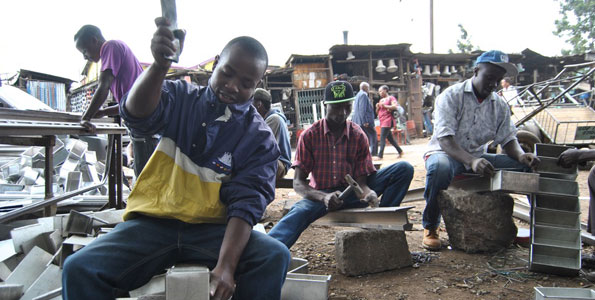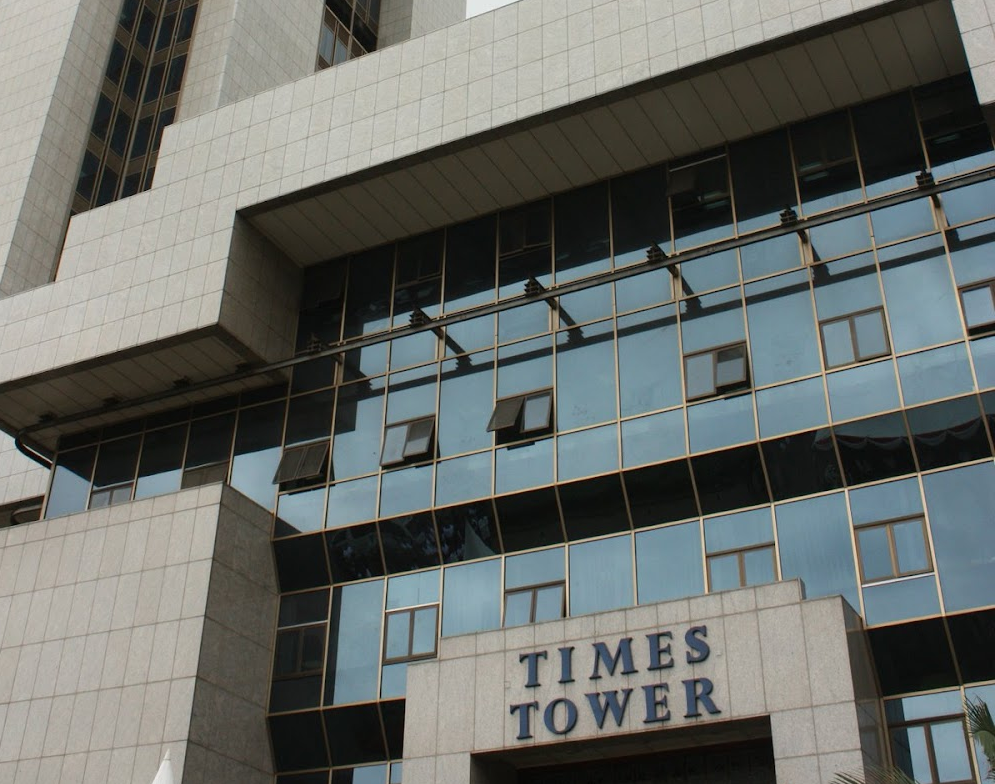The Kenya Bureau of Standards (KEBS) is spearheading a countrywide inter-agency initiative targeting stakeholders in the Jua Kali sector to unlock barriers hindering their growth.
KEBS whose key mandate is to ensure standards are adhered while ensuring fair trade and quality life is working with the Kenya Revenue Authority, Anti-Counterfeit Authority, Export Promotion Council, KenInvest and Youth Enterprise Fund.
The stakeholders under the aegis of the Kenya National Federation of Jua Kali Association continue to cite tough new regulations for industries and enterprises that introduce layers of red tape across these agencies as huge barriers to their survival.
“We are cognizant of the key role the MSME sector plays in Kenya’s economy. These forums are important to not only understand their challenges but also explore ways of working across agencies to create an enabling environment anchored on simplified procedures and regulations, said KEBS Acting Managing Director Bernard Nguyo.
The Chairman of the Jua Kali Association Richard Muteti says that whereas new laws and regulations have been enacted for enterprises in Kenya, some of them pose tremendous threat to the growth of the sector.
So far KEBS has met with representatives from the association in three counties – Eldoret, Nairobi and Garissa and will roll it out to Nakuru, Mombasa, Nyeri and Kisumu counties.
Vision 2030 – Kenya’s economic blueprint – acknowledges the need to support the informal sector to raise productivity, jobs, owners’ incomes and public revenues. The plan is geared to transforming the country into a newly industrializing middle-income country – increase annual GDP growth rates to 10 percent.
Under the Micro and Small Enterprise Act of 2012, micro enterprises have a maximum annual turnover of Ksh 500,000 and employ less than 10 people.
A survey carried out in 2017 found that the sector employs 14 million people – mostly youth – translating to 83% of jobs created in the MSME sector. The same year – more than 787,000 jobs were created in this sector.













2 Comments